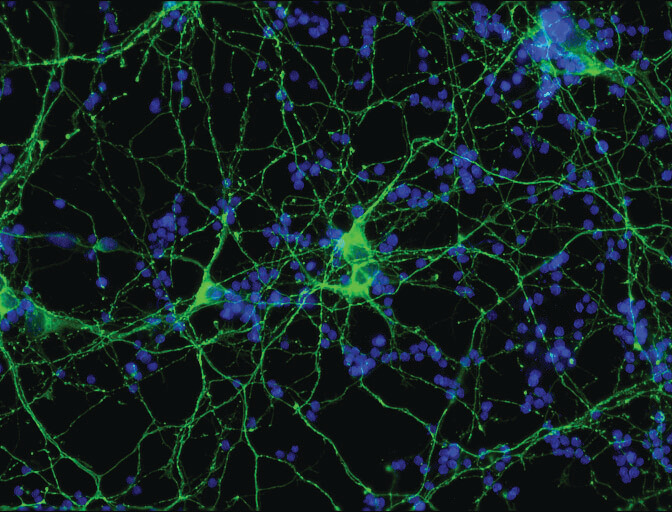
Studies will focus on toxic protein in the brain and genetic factors
CurePSP has awarded Venture Grants to three researchers studying tau protein pathology and genetic factors in progressive supranuclear palsy (PSP) and corticobasal degeneration (CBD). Each grant is for $100,000.
Dr. Rohan de Silva of UCL Queen Square Institute of Neurology in London has received a grant for his study of the propagation of toxic tau protein in the brain. The aim of this project is to understand how healthy tau is converted to toxic strains related to PSP and CBD and to identify their imprinted defects that enable the strain-specific progression. As Dr. de Silva explains, “Tau protein is essential for healthy nerve cells, but tau gone bad drives the devastating damage and progression of PSP, CBD, and other diseases involving the tau protein. Understanding why tau goes ‘off the rails’ and also the structural differences of its toxic forms could provide leads for better-tailored therapies and biomarkers for differential diagnosis.”
CurePSP made a grant to Dr. Chao Peng, Department of Neurology, UCLA David Geffen School of Medicine, Los Angeles, to study the modulation of normal tau protein in the brain to slow the spread of toxic tau. Dr. Peng will employ the autopsied brains of patients with PSP to study this phenomenon with the goal of developing a novel therapy to slow or stop disease progression. Dr. Peng said, “The transmission and amplification of pathological tau in the brain is a key process for the progression of PSP. This study aims to explore a new strategy to slow this process.”
Dr. Franziska Hopfner, Department of Neurology, Hannover Medical School, Hannover, Germany, has been awarded a Venture Grant for her study of epigenetic changes in the brain that may lead to the spread of toxic tau protein in the brain. Epigenetics involves genetic changes that are caused by environmental factors. Dr. Hopfner’s study will focus on microRNA, which is double-stranded RNA that regulates most protein-coding genes in the brain. The study may discover previously unknown molecular targets and pathways that can be used to develop new therapies. Dr. Hopfner said, “I am very grateful for the funding from CurePSP. My team and I will use it for the sake of patients with PSP, to shed further light on the molecular mechanisms of this disease.”
CurePSP’s Venture Grants are awarded twice a year. Applications are reviewed and recommended to the CurePSP Board of Directors by an independent scientific advisory board. The next application deadline is May 1, 2021.
About CurePSP
CurePSP is the nonprofit advocacy organization focused on progressive supranuclear palsy (PSP), corticobasal degeneration (CBD), multiple system atrophy (MSA), and other prime of life neurodegenerative diseases, a spectrum of fatal brain disorders that often strike during a person’s most productive and rewarding years. Currently, there is no effective treatment or cure for these diseases, which affect more than 150,000 people in the U.S. alone. Since it was founded in 1990, CurePSP has funded nearly 200 research studies and is the leading source of information and support for patients and their families, other caregivers, researchers and doctors, and allied healthcare professionals. CurePSP is based in New York City. Please visit www.curepsp.org for more information.
Contact:
David Kemp
802-734-1185
kemp@curepsp.org

